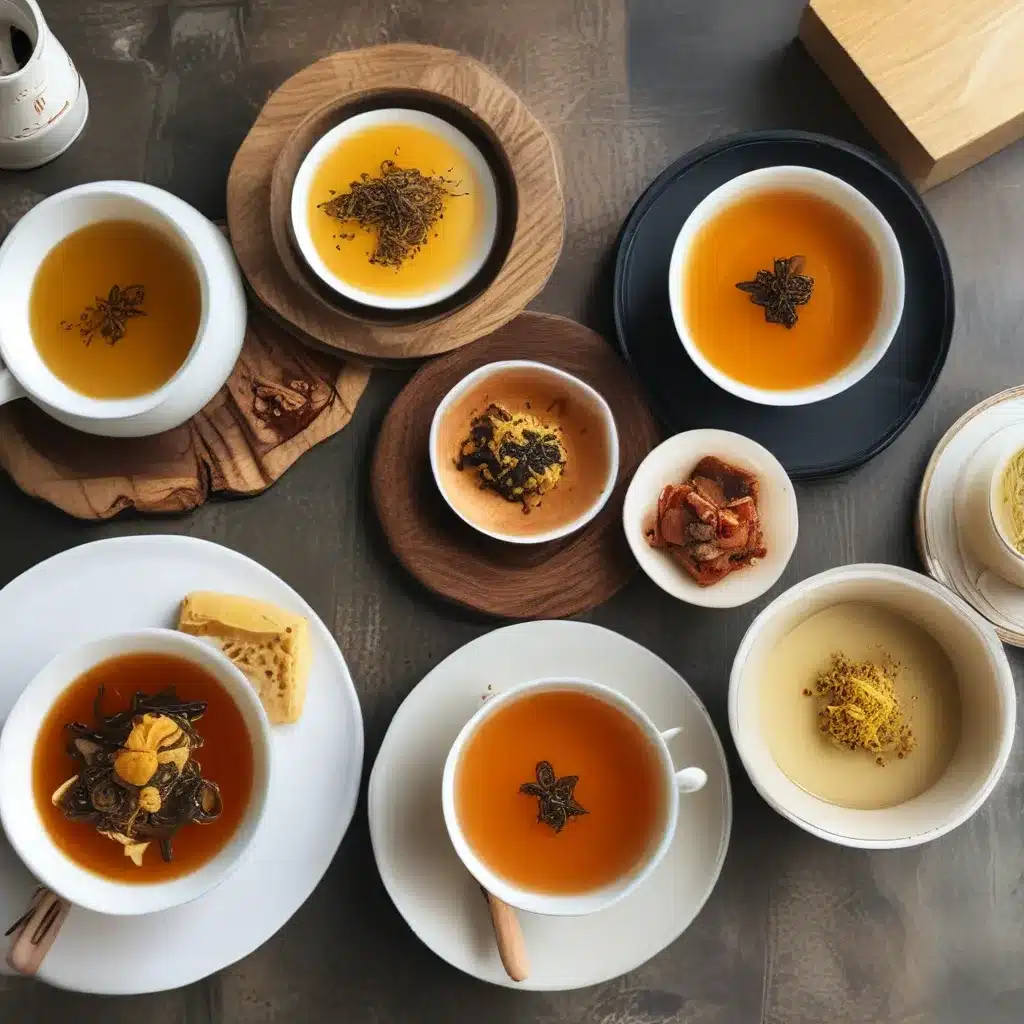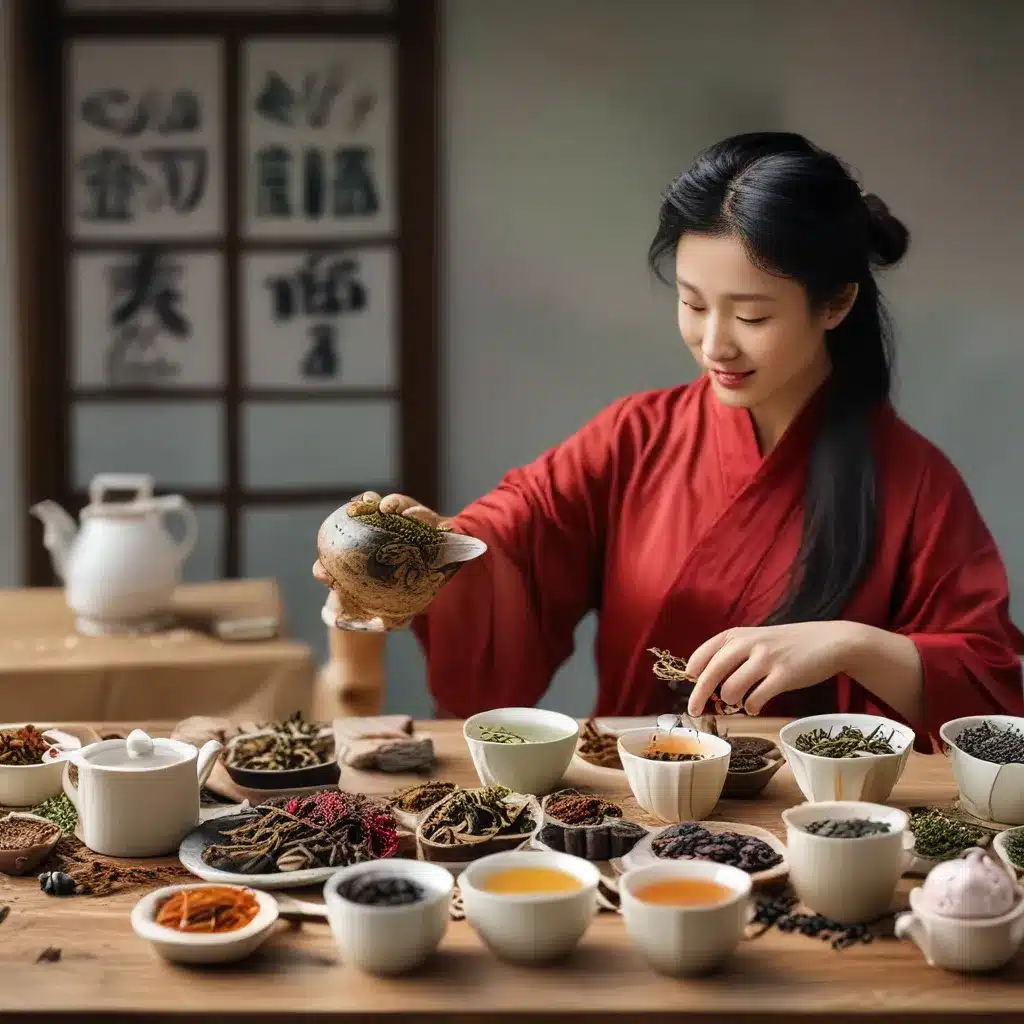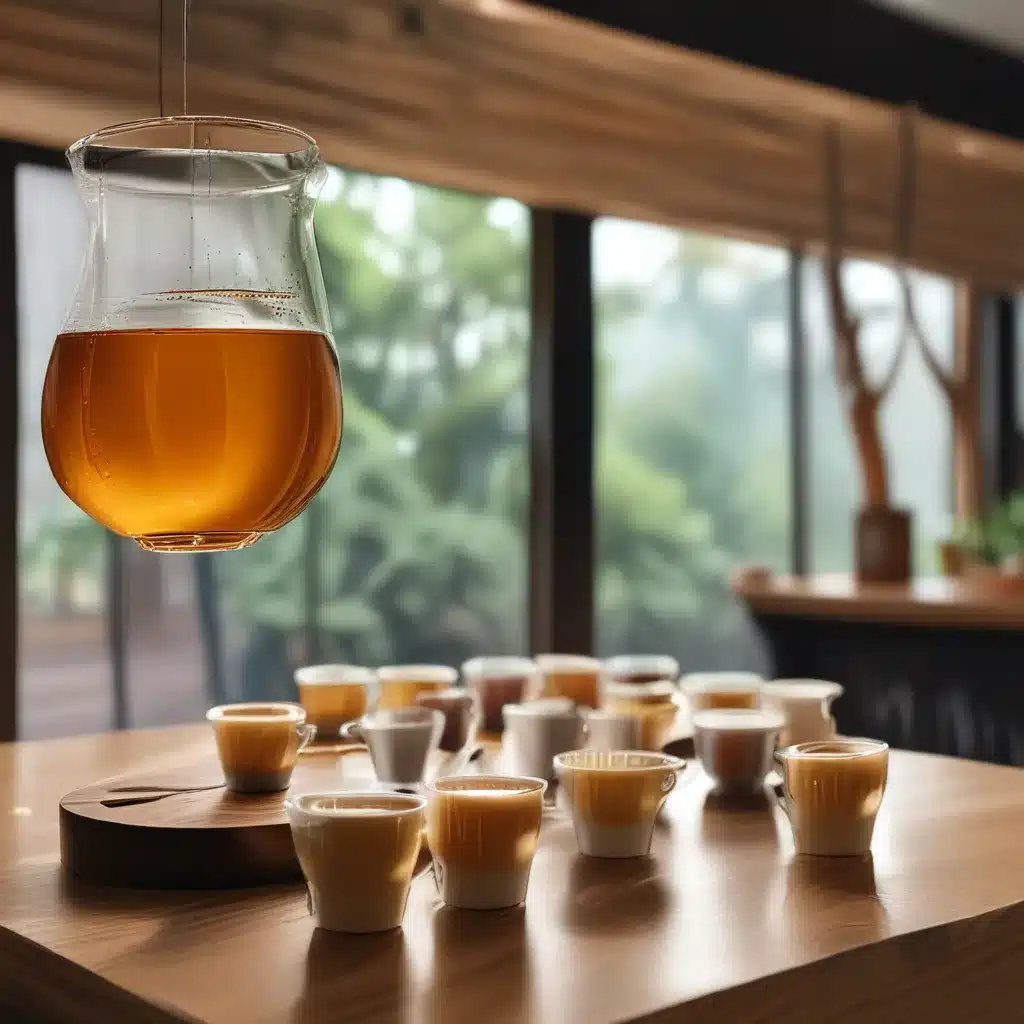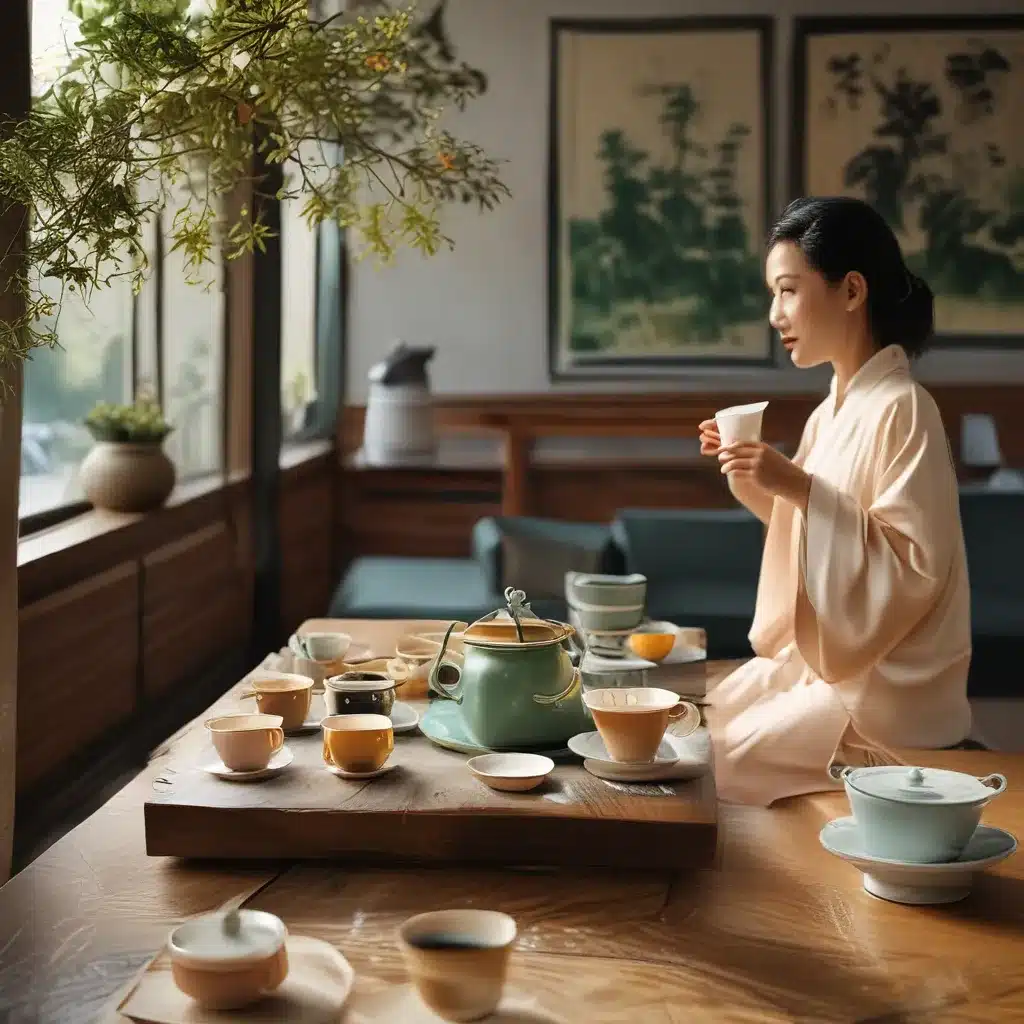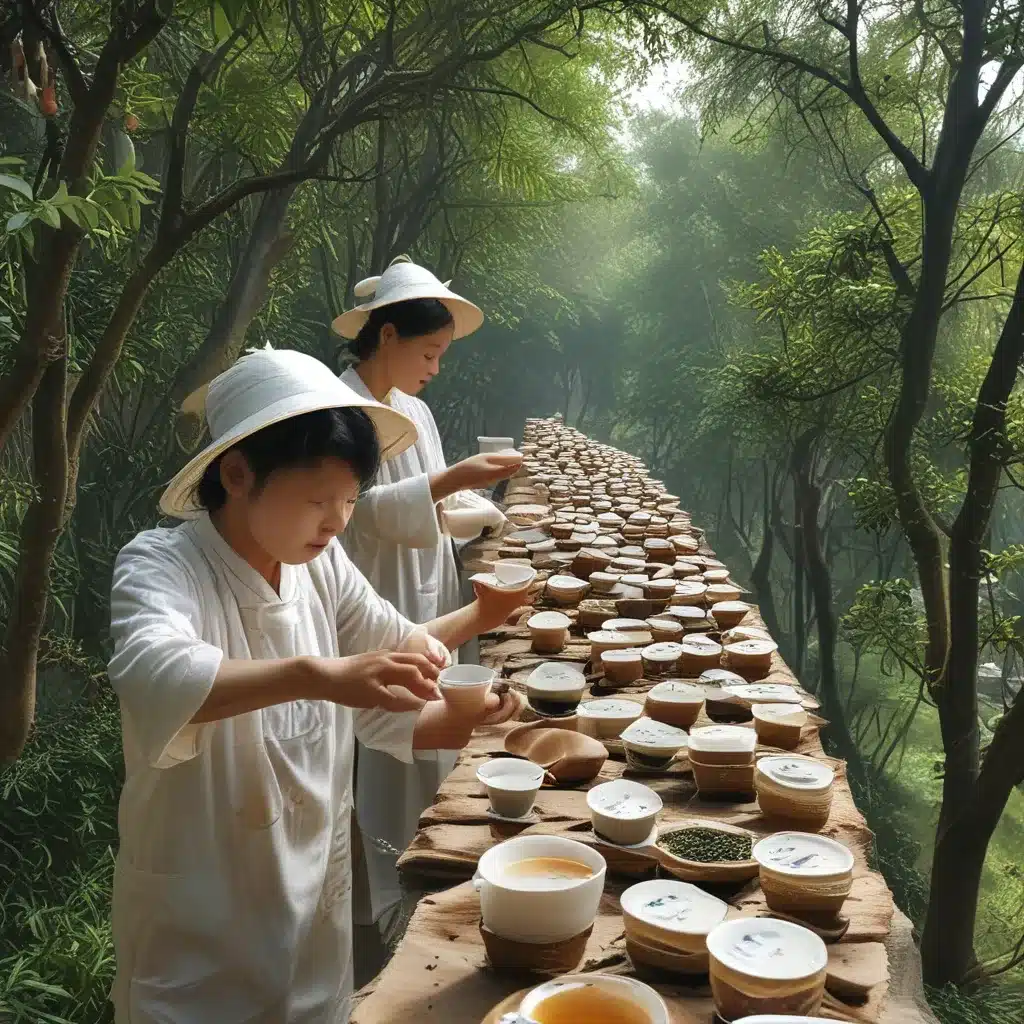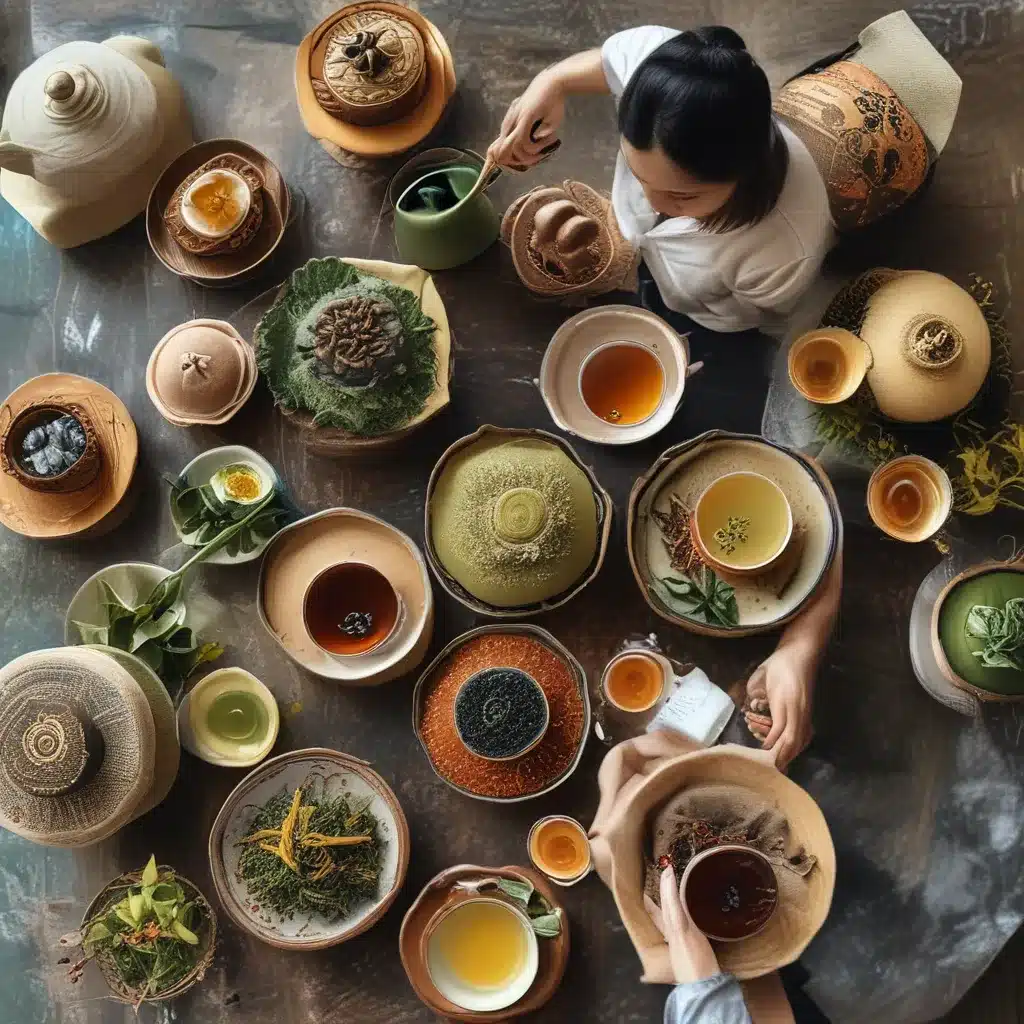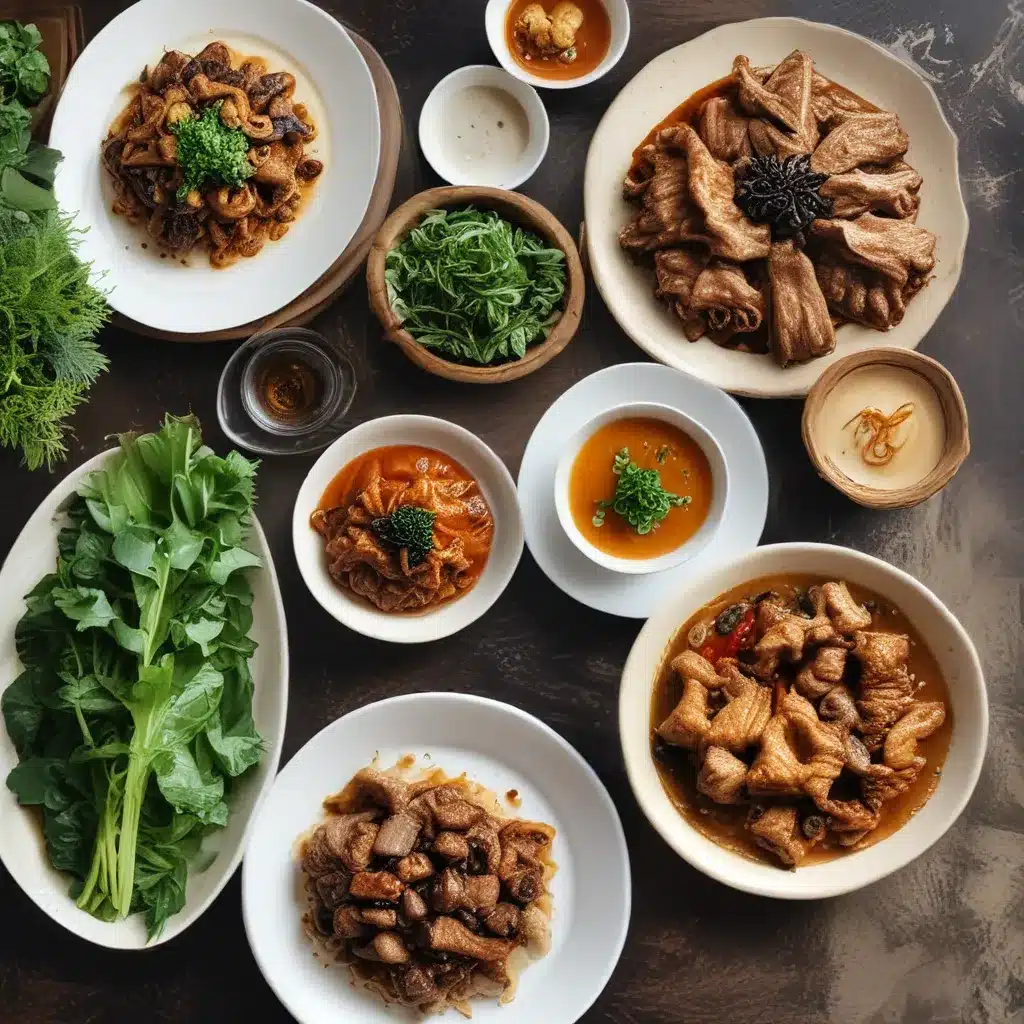
A Delectable Journey Through Time
As I step into the cozy dining room of One Dragon, the aroma of sizzling woks and fragrant spices instantly transports me to a different era. This Shanghai-style restaurant, nestled in the heart of the city, has become a beacon for those seeking to unravel the rich tapestry of the region’s culinary history.
My journey begins with a warm welcome from the owner, who greets me with a knowing smile. “Welcome to One Dragon,” she says, “where we’ve dedicated ourselves to preserving and celebrating the flavors that have defined Shanghai’s culinary legacy for generations.”
Unveiling the Layers of Shanghai’s Culinary Prowess
As I settle into my seat, I can’t help but wonder about the stories that lie within the dishes on the menu. I know that Shanghai’s cuisine is a tapestry woven with threads of influence from across China and beyond, a testament to the city’s position as a bustling hub of commerce and cultural exchange.
According to food historians, the unique flavors of Shanghai cuisine can be traced back to the early agricultural settlements of ancient China, where farmers would wrap sticky rice in wild leaves and fill them with braised meats or wild vegetables to sustain themselves during long days in the fields. These humble beginnings would eventually evolve into the iconic zongzi, the quintessential dumpling of the Dragon Boat Festival.
The Enduring Legacy of Zongzi
As the owner brings out a steaming plate of zongzi, I can’t help but marvel at the intricate wrapping and the mouthwatering blend of flavors. “Our zongzi are made with the same care and attention to detail that my grandmother used,” she explains, her eyes sparkling with pride. “Each one is a labor of love, a testament to the enduring legacy of this dish.”
The Smithsonian Magazine recounts how the tradition of zongzi-making has been passed down through generations, with families gathering to prepare the delicate parcels in anticipation of the Dragon Boat Festival. The process, which involves soaking the glutinous rice, marinating the fillings, and meticulously wrapping the leaves, is a true art form that demands both skill and patience.
As I savor the first bite, the flavors of soy-marinated mushrooms, tender pork, and the subtle aroma of the bamboo leaf dance on my tongue. It’s a culinary time capsule, transporting me to a bygone era when families would gather to celebrate the arrival of summer.
The Influence of Trade and Conquest
But Shanghai’s culinary heritage is not limited to the enduring traditions of the past. Over the centuries, the city has been a crossroads of trade and cultural exchange, welcoming influences from far-flung corners of the globe.
As the Guardian reported, the history of Chinese-Australian relations predates the arrival of the First Fleet, with early trading connections forged long before European colonization. This exchange of goods, ideas, and culinary traditions has left an indelible mark on the flavors of Shanghai.
I’m reminded of this as I take a bite of the restaurant’s signature xiao long bao, the delicate soup dumplings that have become a global sensation. The owner explains that while the dish has its roots in the Jiangnan region, the version served at One Dragon has been refined over the years, incorporating techniques and ingredients from across the East China Sea.
Embracing the Modern and the Enduring
As I continue my culinary journey, I’m struck by the way One Dragon seamlessly blends the traditional and the contemporary. Alongside the time-honored dishes, the menu features bold, innovative creations that push the boundaries of Shanghai cuisine.
The owner proudly shares the story of their signature dish, the “Dragon’s Breath,” a theatrical presentation of a grilled pork belly that is dramatically flambéed tableside. “We wanted to honor the rich history of Shanghai cooking while also embracing the city’s vibrant, forward-looking spirit,” she explains.
Preserving the Past, Shaping the Future
It’s clear that the team at One Dragon is not only preserving the past but also shaping the future of Shanghai cuisine. They source their ingredients from local purveyors, ensuring the freshness and authenticity of every dish, while also experimenting with modern techniques and flavor profiles.
As I savor the final bites of my meal, I can’t help but feel a deep appreciation for the layers of history and culture that have culminated in this remarkable dining experience. From the humble beginnings of zongzi to the global fame of xiao long bao, the story of Shanghai’s culinary legacy is one of resilience, adaptation, and a relentless pursuit of deliciousness.
In a world where the pace of change can feel overwhelming, One Dragon offers a respite – a place to slow down, savor the flavors of the past, and imagine the endless possibilities of the future. It’s a celebration of the city’s rich culinary heritage, and a testament to the power of food to bridge the divide between generations and cultures.
As I bid farewell to the restaurant, I can’t help but feel a sense of excitement for the next chapter of Shanghai’s culinary journey. With pioneers like One Dragon leading the way, I know that the roots of this vibrant city’s culinary legacy will continue to grow and flourish, captivating diners for generations to come.

